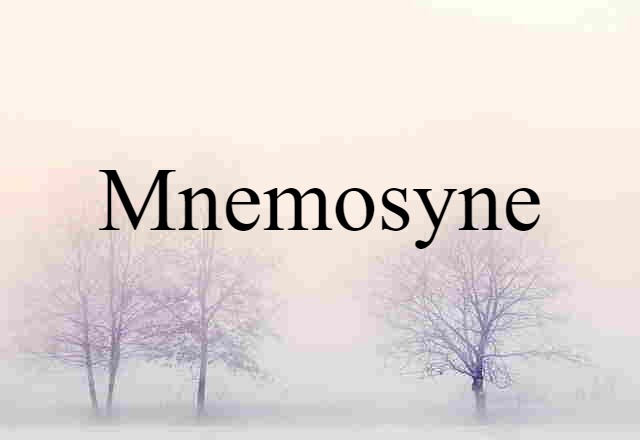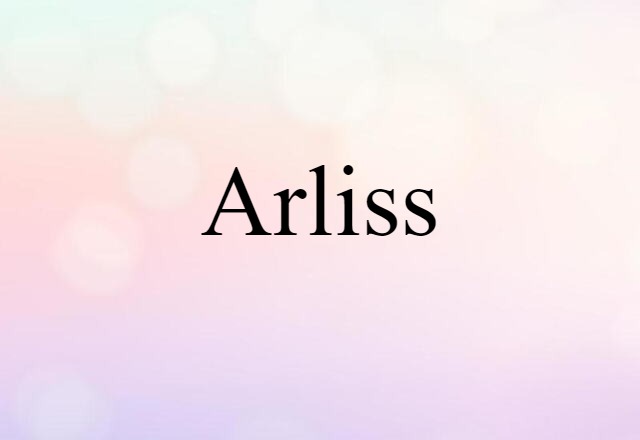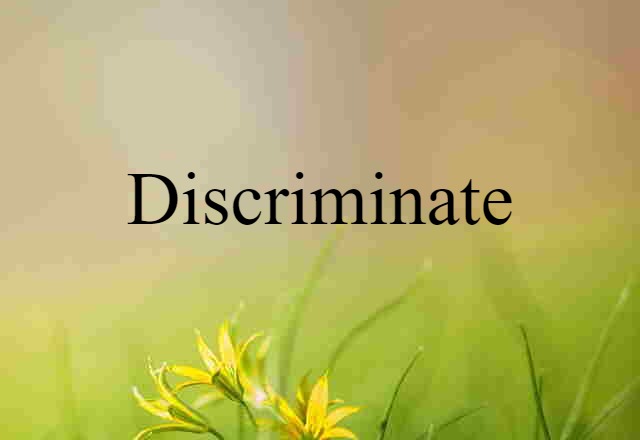- a surface regarded as the common boundary of two bodies, spaces, or phases.
- the facts, problems, considerations, theories, practices, etc., shared by two or more disciplines, procedures, or fields of study: the interface between chemistry and physics.
- a common boundary or interconnection between systems, equipment, concepts, or human beings.
- communication or interaction: Interface between the parent company and its subsidiaries has never been better.
- a thing or circumstance that enables separate and sometimes incompatible elements to coordinate effectively: The organization serves as an interface between the state government and the public.
- computer hardware or software designed to communicate information between hardware devices, between software programs, between devices and programs, or between a device and a user.
- to bring into an interface.
- to bring together; connect or mesh: The management is interfacing several departments with an information service from overseas.
- to be in an interface.
- to function as an interface.
- to meet or communicate directly; interact, coordinate, synchronize, or harmonize (often followed by with): The two communications systems are able to interface with each other.
- a surface that forms the boundary between two bodies, liquids, or chemical phases
- a common point or boundary between two things, subjects, etc
- an electrical circuit linking one device, esp a computer, with another
- to design or adapt the input and output configurations of (two electronic devices) so that they may work together compatibly
- to be or become an interface (with)
- to be or become interactive (with)
















